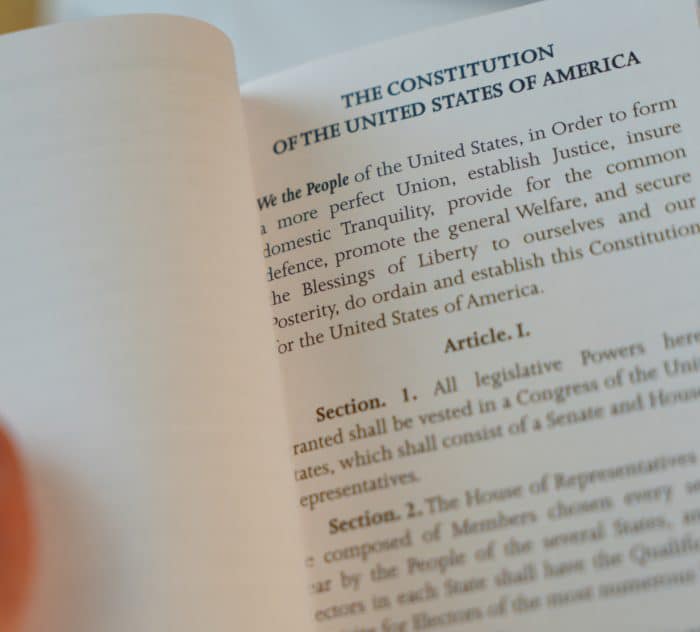The Americans with Disabilities Act (ADA) imposes an affirmative duty on employers to provide reasonable accommodation which will allow a qualified individual with a disability to perform the essential functions of the job. Employee requests for accommodation can vary considerably in scope and form, requiring employers to analyze each request on a case-by-case basis. The determination of what is “reasonable” under the circumstances can become complex. The United States Court of Appeals for the Fourth Circuit recently addressed the ADA reasonable accommodation requirement in the case of Jones v. Fairfax County School Board (4th Cir. 10/3/25). Significantly, the Court’s decision offers useful guidance to employers with regard to some basic rules applicable to analyzing certain accommodation requests under the ADA.
Donna Jones was employed as a resource teacher at an elementary school within the Fairfax County school district. Her job duties required her to administer testing to students and to co-teach lessons in the classroom. When she developed a lung condition in 2022, the school approved medical leaves of absence in order for Jones to undergo and recover from two surgeries. However, the school denied Jones’ request to work remotely during this period, on the grounds that she could not perform student testing and teaching duties on a telework basis.
Jones subsequently filed suit in Federal District Court against the Fairfax County School Board on various claims under the ADA, including failure to accommodate a disability. The court granted the School Board’s motion for summary judgment as to this claim, finding that Jones’ requested accommodation – temporary but total telework – would not have allowed her to perform the essential functions of her job and was therefore unreasonable as a matter of law. Jones appealed this decision to the Fourth Circuit Court of Appeals.
The Fourth Circuit focused on the following dispositive facts: 1) Jones’ essential job functions required co-teaching and providing testing to students; 2) each function required face-to-face interaction with students and teachers; and 3) Jones admitted that she could not perform such functions while teleworking. The Court then cited well-established law that a proposed accommodation is required only if it is reasonable, and that “to be reasonable, the accommodation must allow the plaintiff to perform all essential functions of the job.” Because Jones’ request to telework necessarily would have kept her from performing all essential functions of her job, her proposed accommodation was unreasonable – and thus the school had no obligation under the ADA to provide that accommodation. As such, Jones’ ADA claim was properly dismissed.
The Fourth Circuit’s decision is also noteworthy and instructive to employers for its recognition of the following general rules for analyzing certain requests for accommodation under the ADA:
- A request for accommodation which enables the employee to perform some, but not all, of her essential functions while recovering from a short-term disability is not reasonable.
- An employer is not obligated under the ADA to reallocate the disabled employee’s essential functions to other employees. A request to reallocate or modify essential job functions would not constitute a reasonable accommodation.
- The purpose of the ADA’s “interactive process” requirement is to provide a means for determining what reasonable accommodations are available. However, where the employee requests an unreasonable accommodation, the employer is not liable for failure to engage in the interactive process as to such request.
Of course, the Jones Decision applies these general rules within the specific context of a request to telework. Different forms of requested accommodation, such as light duty, job transfers, or medical leaves of absence, present different issues – particularly when employee rights under the FMLA, Title VII, or workers compensation laws are applicable. Employers are encouraged to consult with experienced legal counsel when considering requests for accommodation, especially when such requests under the ADA overlap with these and other potentially applicable laws.



